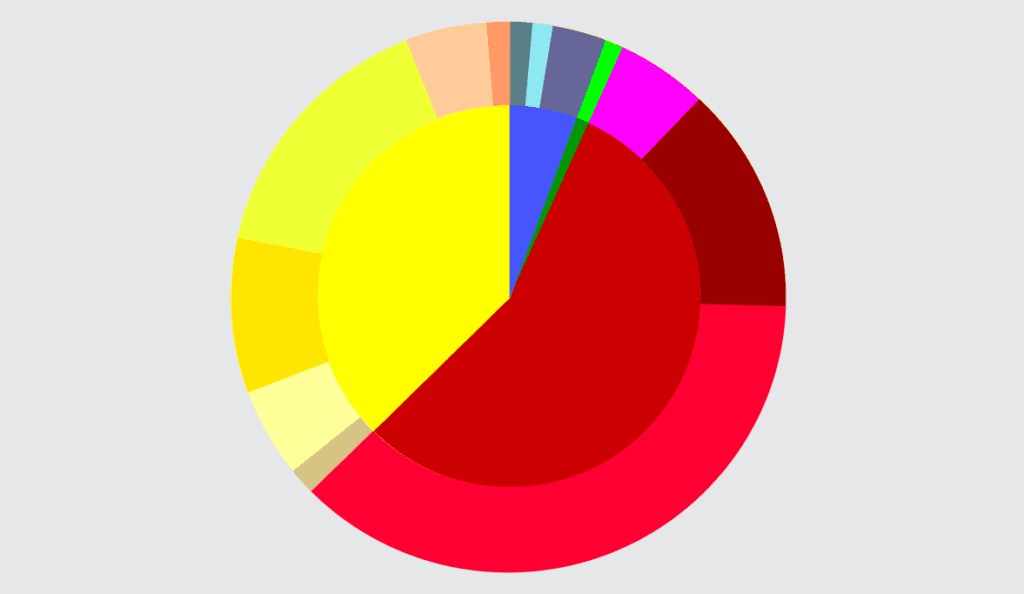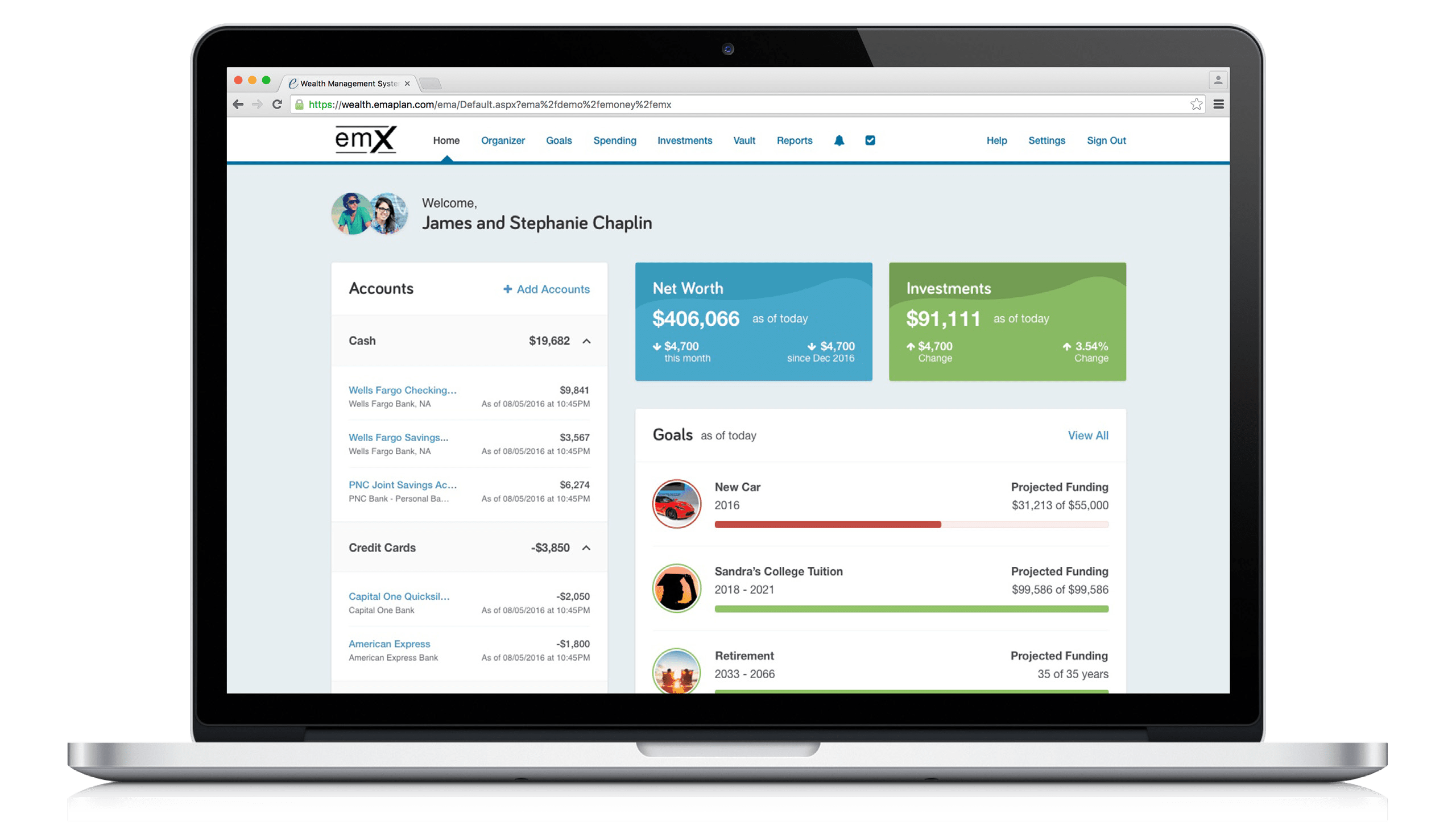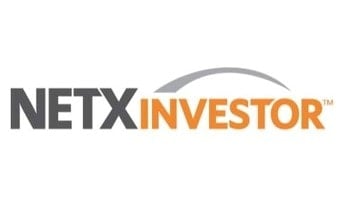It’s tax season. And every year around this time I check in with clients to ask them if they have contributed to their IRAs for the previous year. Many (still) seem surprised; they tell me that their tax preparer told them they can’t make an IRA contribution because their income is too high.
At this point I try to practice zen.
Here are the facts: No matter how high your income, you can always contribute to an IRA (assuming you have at least that amount in earned income). What’s going on here? Just this: well-meaning tax preparers tell their clients that they “can’t contribute to an IRA” when what they really mean to say is that those individuals are not eligible for an IRA tax deduction because of their income and pension coverage. Those two things are, however, vastly different. You can always contribute to your IRA, even if you don’t get an immediate tax break for that contribution.
Avoid Tax Myopia
But why should you contribute to your IRA if you aren’t eligible for that up-front tax benefit? Simply because making such ‘after-tax’ contributions to your IRA can result in huge tax savings over your lifetime. By contributing to these tax-deferred accounts – and then taking advantage of the opportunity to convert those funds to a Roth IRA over time – you can build up a really large nest egg of tax-exempt (Roth) money over the course of your lifetime.
By looking beyond the current year and focusing on the long term, you can indeed save a bundle. I recently calculated the magnitude of that bundle at around $464,000.
Slow and Steady Wins the Race
If you want proof, I invite you to download and play with the spreadsheet I created to demonstrate the concept, but here’s the Reader’s Digest version. If you contribute the maximum allowable amount on an after-tax (non-deductible) basis to an IRA beginning when you’re 22 and ending when you retire at 65 – doing annual Roth conversions of the invested amount at regular intervals along the way – you’ll end up with approximately $1,191,000 in your Roth IRA by the time you retire (assuming portfolio returns of 6%). That’s pretty great. And the only taxes you will have paid on that amount – or will ever owe on it – is the approximately $24,000 (calculated in future dollars) that it cost you to pay taxes on the Roth conversions over 44 years.
If, on the other hand, you contribute that same amount every year to your taxable investment portfolio, your near-term tax bill will be quite modest. But as the portfolio grows and generates both taxable income and capital gains, you’ll owe a larger and larger annual tax bill on your investments. In addition, if you want to sell all those investments and go travel around the world in your retirement, you’ll owe additional tax on the capital gains still held in your portfolio. Given some reasonable assumptions about tax rates and portfolio income and gains, etc., I calculated that you would end up around $464,000 ahead by the time you retire if you make IRA contributions (and do periodic Roth conversions) in lieu of making simple contributions to a taxable portfolio. That difference comes entirely from tax savings, a benefit that grows slowly at first, and then quite dramatically, over a very long time.
Think about this: why would you want to pay almost a half a million dollars more in taxes over your lifetime than you have to? Indeed. So the next time your tax preparer tells you that you “can’t contribute to an IRA,” ignore him (or her) and contribute anyway. Play the long game and know that your tax savings will grow over time.
Image by Monster Ztudio from Shutterstock



